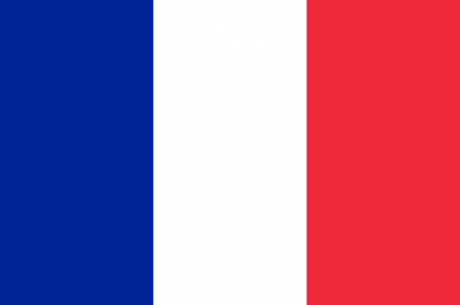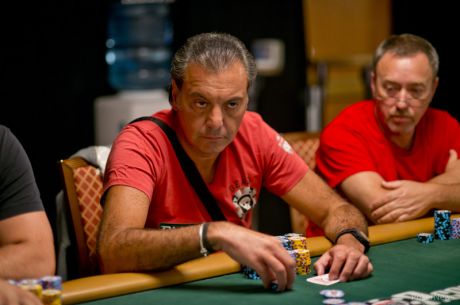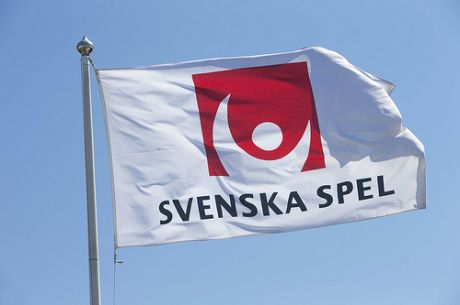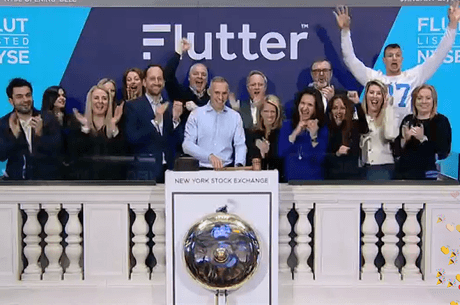French and Latvian Regulators Discuss Consumer Protection And Gray-Area Operators

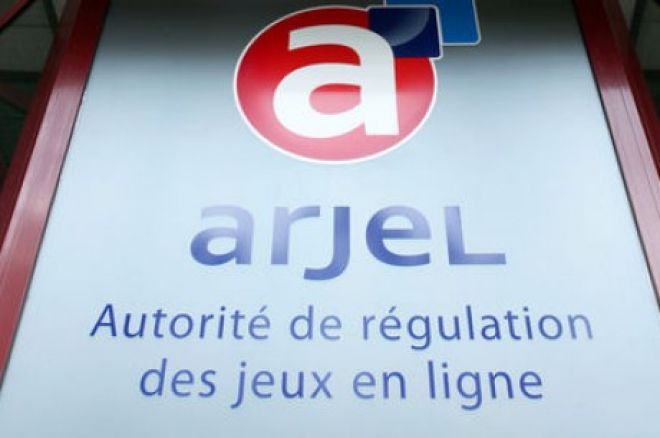
The French gambling regulator ARJEL met with its Latvian counterpart, the Lotteries and Gambling Supervisory Inspection (LGSI) to "compare the two different markets and the way they have evolved overtime."
The meeting, which took place on Wednesday, July 23, was attended by ARJEL's President Charles Coppolani, LGSI's General Counsel Janis Ungurs, and LGSI's Director and Chairman of the Executive Board of the Gaming Regulators European Forum (GREF), Signe Birne
In a note published on its site, France's regulator ARJEL explained that the talks were called by the Latvian authority in order to "profit from ARJEL's experience" and learn more about the functioning of the French gambling authority and the legislative framework it operates in.
"Although the two systems are not comparable between each other, Latvia shares the same priorities in terms of consumers protection and fight against the illegal supply," ARJEL wrote in a press release.
If the two, by ARJEL's own admission, discussed "in a constructive manner their actions in in those areas," the very different nature of the French and Latvian gambling markets did not allow regulators to find many point in common and plan any effective future cooperation.
"The comparison of the two markets did not allow the different parties to find many points in common," ARJEL writes, "because of their different nature in terms of structure, supply, and taxation."
Latvia's online gambling regulation was first introduced back in 2003 — seven years before France chose to do the same — and was then slightly modified with a new bill approved in 2013.
Differently from France, the Baltic state decided to pursue a more liberal approach towards online gambling and kept the market open for all games except for the national lottery, which still runs under a state-controlled monopoly.
Although the two markets can hardly be compared both for the size (Latvia has a population of 2.025 million inhabitants whereas France's population is of over 65.5 million people) and the countries' finances (the Latvian GDP per capita is of $13,946 while the French one is of $39,771), the biggest difference between the two seems to lie behind the different tax rates applied on the market.
While France became known to have one of the highest taxation rates applied to the industry, with operators asked to pay taxes up to 37 percent of their Gross Gaming Revenue (GGR), Latvia has chosen a very different path applying a much lower five percent rate to operators' GGR.
The meeting with the Latvian authorities came one month after ARJEL's President Coppolani met with some Singaporean officials interested to "analyze the French regulatory model, which is known for its strict requirements and performance," and only a weeks after France’s regulator published its results from the second quarter and half year, showing a worrying decline for the country’s regulated poker industry.
Image courtesy of LeMonde.fr
Get all the latest PokerNews updates on your social media outlets. Follow us on Twitter and find us on both Facebook and Google+!

